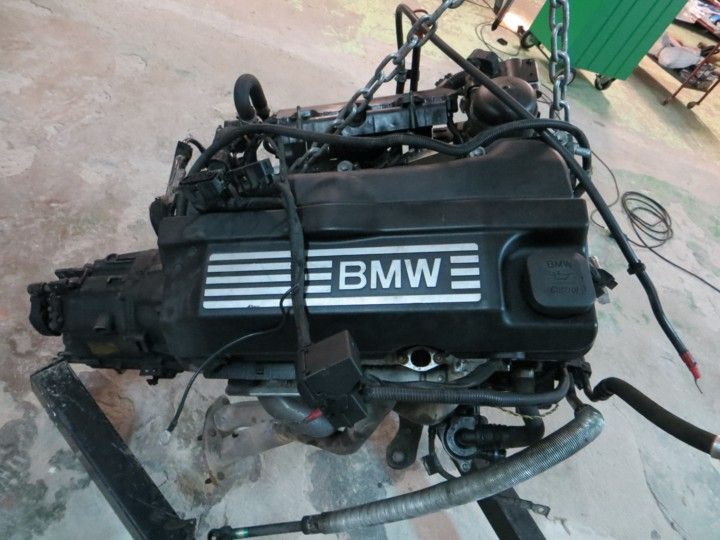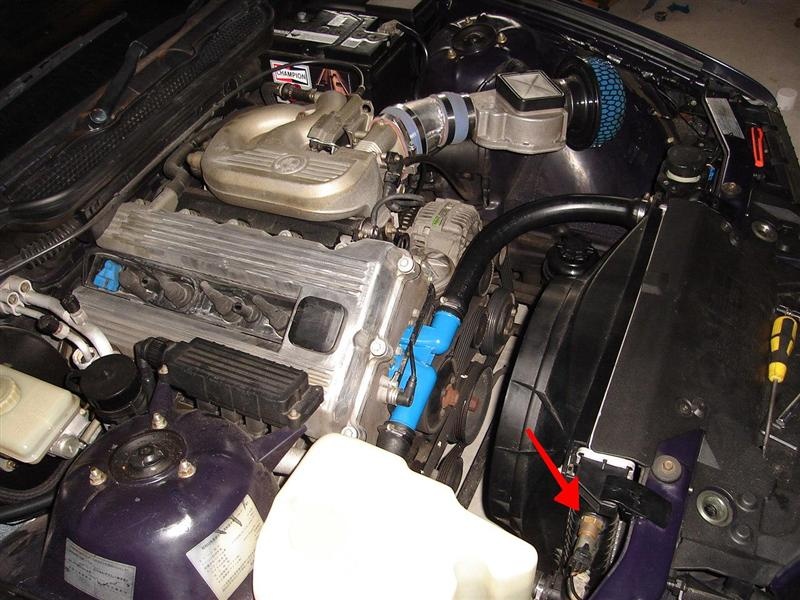Important Factors To Consider for Choosing the Ideal Engine for Your Demands
In the world of choosing the perfect engine to fulfill your requirements, numerous crucial elements need meticulous factor to consider to guarantee optimum performance and effectiveness. From the nuanced balance between power and performance to the often-overlooked aspects of maintenance and solution requirements, each element plays a pivotal role in identifying one of the most suitable engine for your certain demands. As the complexity of engine modern technologies continues to evolve, critical one of the most fitting choice demands a deep understanding of the interplay between different factors to consider. By checking out the detailed internet of elements that underpin this decision-making procedure, a more clear course emerges in the direction of picking an engine that not just meets however exceeds your assumptions.
Power and Performance
When reviewing engines for optimal efficiency, it is critical to prioritize both power outcome and performance. Efficiency refers to just how well the engine transforms fuel into functional power. By carefully examining both power and effectiveness, you can select an engine that supplies optimal performance and satisfies your needs properly.
Fuel Performance and Economic Situation
Gas effectiveness refers to the engine's ability to convert fuel into power with marginal waste, straight influencing operating expenses and ecological sustainability. Engines with greater fuel efficiency not just lower gas costs but additionally decrease carbon emissions, adding to a greener procedure.

Compatibility and Application
Thinking about the gas efficiency and economic situation of an engine, the following important facet to address is its compatibility and application within specific functional contexts. Compatibility refers to exactly how well the engine incorporates with the total system or equipment it powers.
Additionally, the application of the engine is just as vital. Different engines are created for specific purposes, whether it be industrial equipment, aquatic vessels, vehicles, or power generators. Understanding the designated application permits for the option of an engine that can deliver the necessary power outcome, torque, and functional characteristics. As an example, a high-revving engine designed for performance cars and trucks would certainly not appropriate for heavy-duty construction equipment that requires high torque at low speeds.
Upkeep and Solution Requirements
Upkeep and solution requirements play an important function in ensuring the durability and ideal efficiency of an engine. Regular maintenance is important to prevent break downs, expand the lifespan of the engine, and maintain its view efficiency. When selecting an engine, it is necessary to consider the producer's suggested maintenance routine and the schedule of solution facilities or certified technicians.
Elements such as the frequency of oil modifications, filter replacements, and general examinations can substantially affect the engine's efficiency. Some engines may require more frequent maintenance based on their design and usage, while others might have longer periods in between upkeep checks. It is essential to stick to these solution demands to stay redirected here clear of expensive repair services and unforeseen downtime.

Cost and Budget Considerations
Spending plan restrictions frequently play a significant function in the decision-making procedure when picking an engine for a particular application. When taking into consideration the expense and budget ramifications of choosing an engine, it is crucial to evaluate not just the first purchase rate however additionally the long-lasting expenditures connected with upkeep, fuel intake, and potential upgrades or repair services. It is essential to strike an equilibrium in between the in advance price of the engine and its overall lifecycle expenses to make certain that the selected engine continues to be economically lasting throughout its functional lifespan.
Aspects such as fuel integrity, durability, and efficiency can directly affect the overall price of possession of an engine. While an extra expensive engine may have higher in advance expenses, click here to read it can possibly cause reduced upkeep and gas expenses in time, therefore using much better worth over time. In addition, taking into consideration the schedule and expense of spare components, in addition to the convenience of maintenance and solution, can assist stop unanticipated financial strain in the future. By carefully evaluating these cost and budget considerations, you can make an enlightened choice that straightens with your operational demands and financial constraints.
Final Thought

Fuel effectiveness refers to the engine's capacity to convert fuel right into energy with very little waste, straight impacting operating expenses and ecological sustainability.Variables influencing fuel effectiveness consist of engine design, burning effectiveness, and general efficiency optimization. Additionally, selecting the proper gas kind and quality as suggested by the engine maker can better enhance efficiency and extend engine life expectancy.
Engines with excellent serviceability features and easily offered components can reduce maintenance costs and reduce the time the engine is out of operation - bmw 318ti. It is important to strike an equilibrium in between the ahead of time cost of the engine and its overall lifecycle costs to guarantee that the selected engine stays economically lasting throughout its functional life expectancy
Comments on “BMW 318ti: Efficiency Specifications and Qualities Explained”